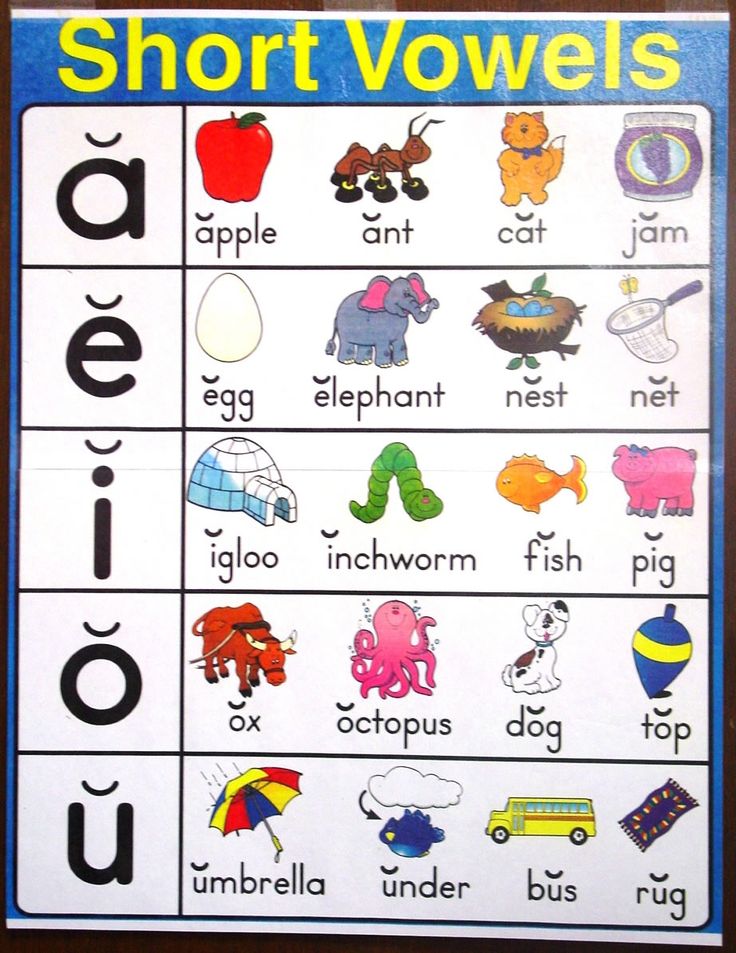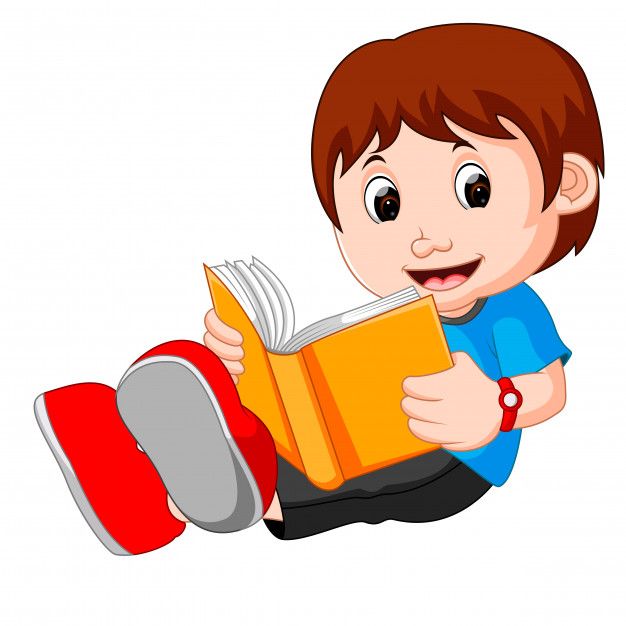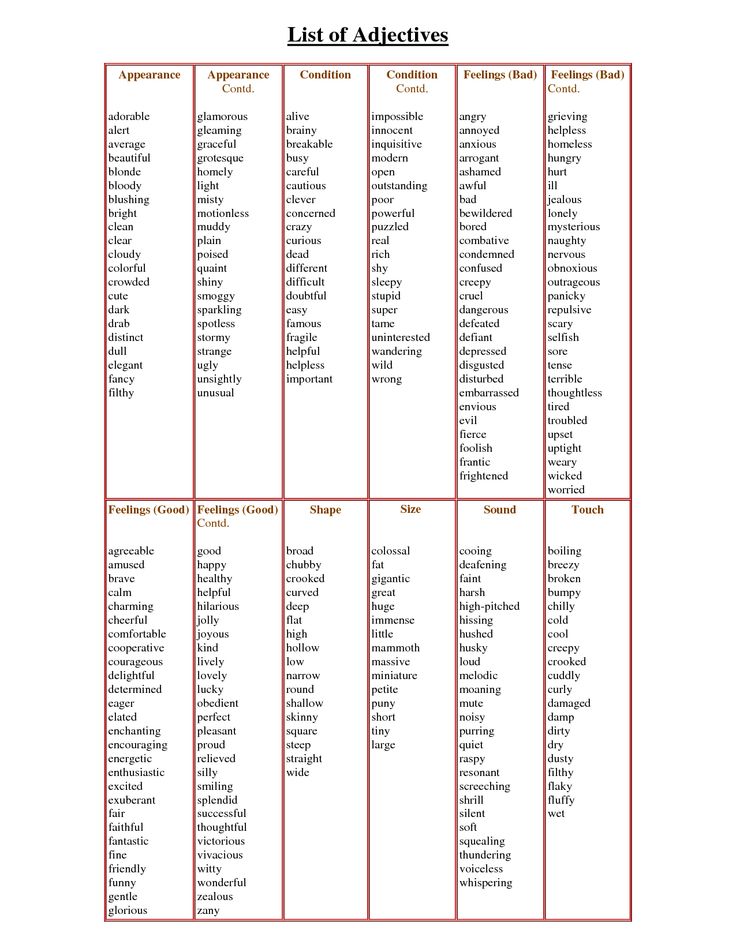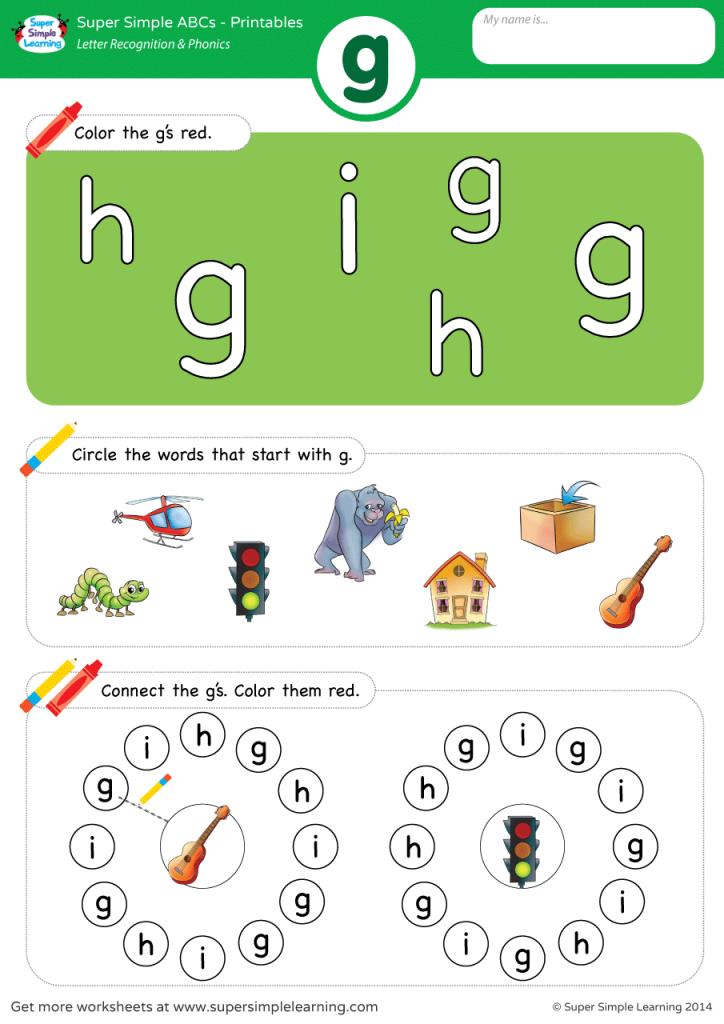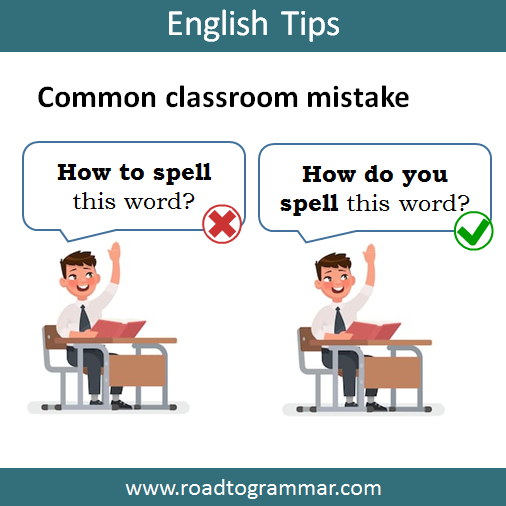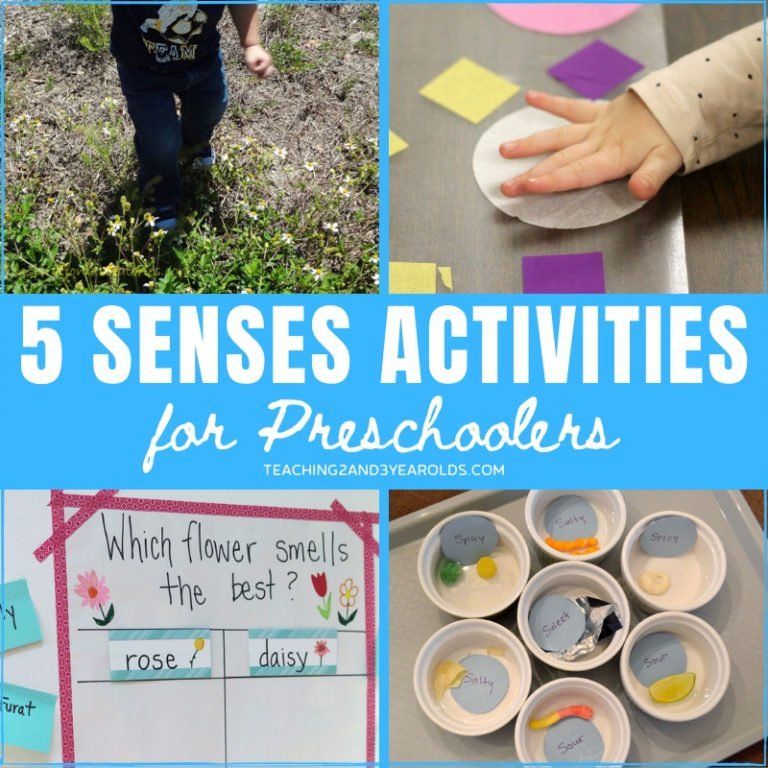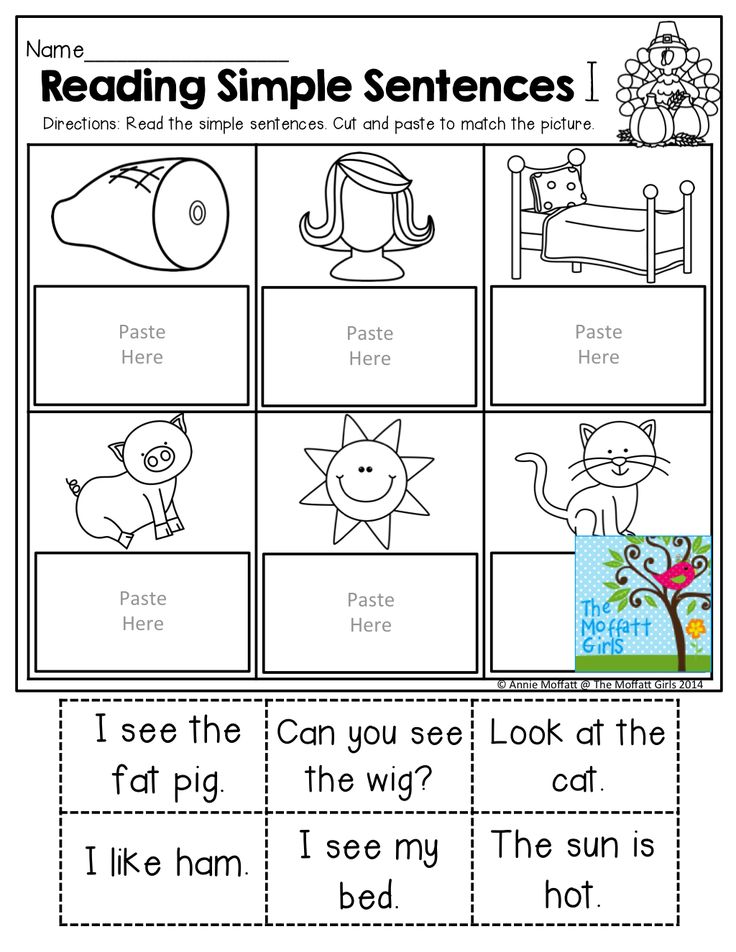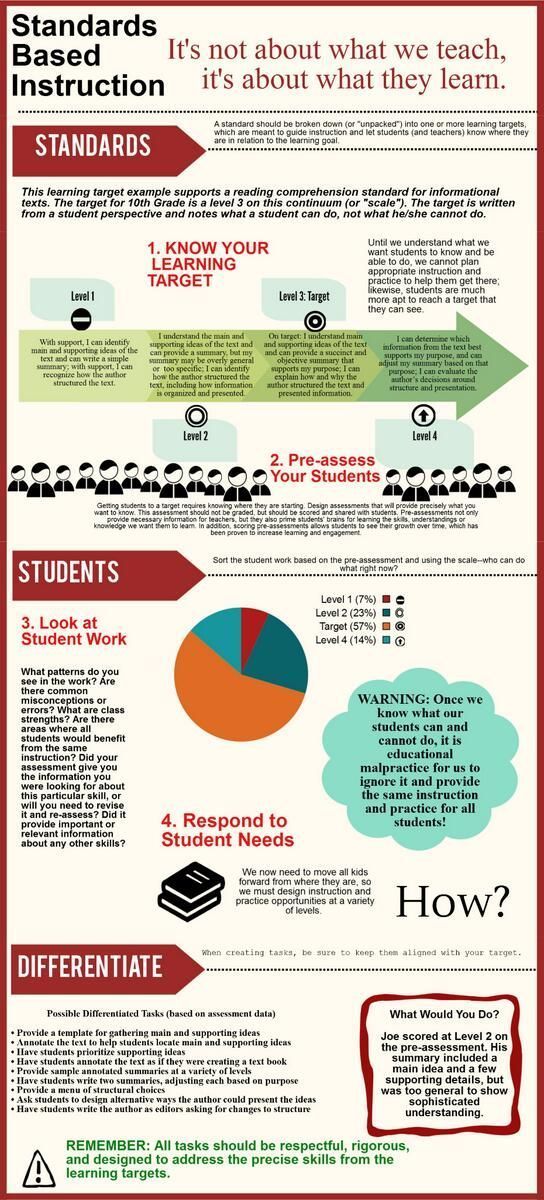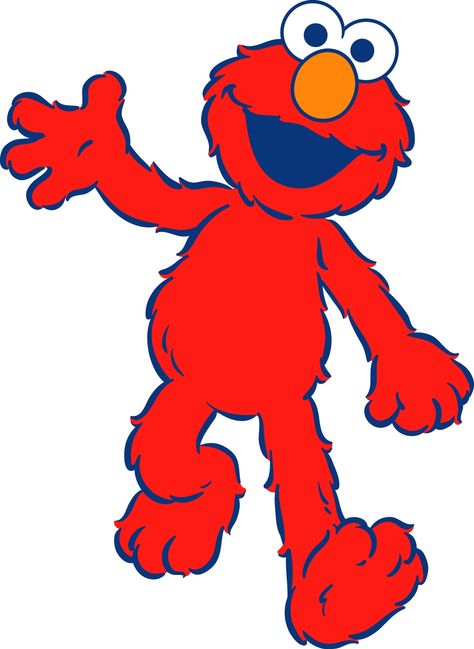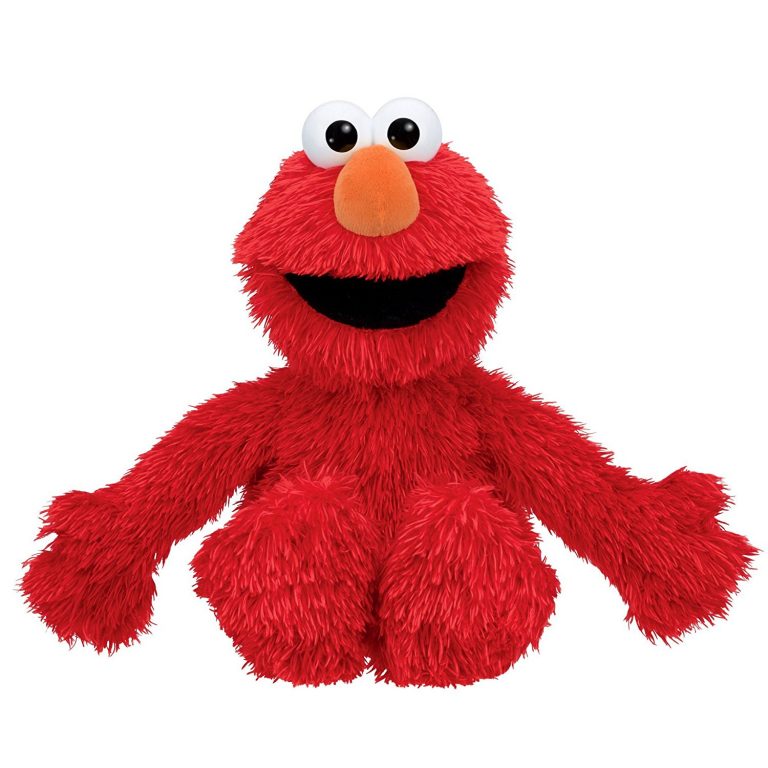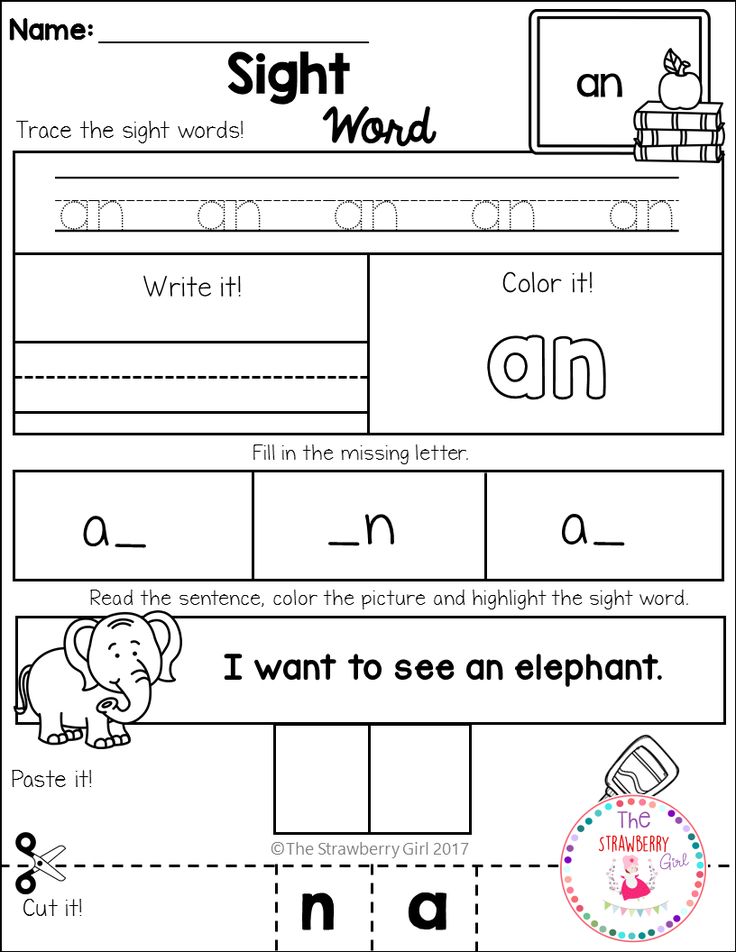What are short vowels words
List of Short Vowel Words
The English language provides a list of short vowel words that seem to be never ending. A short vowel word is any word that doesn't allow the vowel within it to generate that vowel's long vowel sound.
List of Short Vowel Words
For example, the word "bug" is a short vowel word because there's no long "U" sound. A word doesn't necessarily have to have three letters to be a short vowel word, but it makes for the easiest example and three-lettered words make up the bulk of any list of short vowel words. Let's take a look.
Advertisement
Short Vowel Sounds in Words
Here's the reason why words with only three letters typically make the short vowel sound. Three letters usually don't allow for a second vowel to force the long vowel sound out. Exceptions include words like "bee" or "tea."
These words use a second vowel to force the long vowel sound from the first one, while other words like "ant" or "mat" use the placement of consonants to force a short vowel sound.
But, here's an important point to keep in mind. The words listed below are short vowel sounds, not short vowel spellings. That is, just because a word is short, doesn't mean it will automatically have a short vowel sound. And vowel as written doesn't always correspond with the sound it makes. Take the word "pretty." The E is sounded like a short I, and the Y is sounded like a long E. Phonetically, it sounds more like "prit-tee," not "pret-tai."
Likewise, we can't assume a long word will automatically have a long vowel sound. Let's look at the word "business." The U and E in "business" are also sounded like a short I, and the I is silent altogether. Phonetically speaking, we don't pronounce it "buss-eye-ness." It's more like "biz-niss." With that in mind, let's explore more short vowel words, sorted by letter.
Short "A" Words
The short A sound is what you hear in words like "bat" or "map." Here are some other great examples of words with the short A sound.
act | apt | ask | bat | bad | bag | cat |
cap |
cab | dad | dab | Dan | fan | fat |
fad | gap | gab | gal | gas | ham | has |
had | hat | jab | jam | lab | lad | lag |
lap | man | mad | mat | map | nap | pan |
Pam | pad | pal | ran | ram | rag | rat |
Sam | sad | sag | sat | sap | tab | tan |
tad | tag | tap | van | vat | yam | zap |
Advertisement
Short "E" Words
The short E sound is what you hear in words like "gem" or "hem.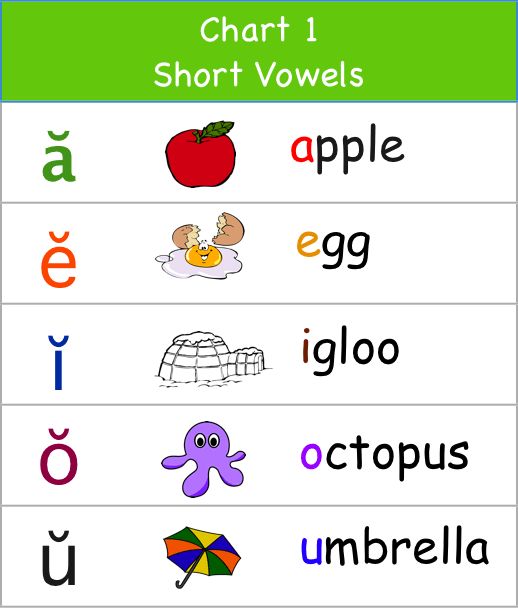 " Here are some other great examples of words with the short E sound.
" Here are some other great examples of words with the short E sound.
ben | bed | beg | bet | den | fed |
gem | get | gel | hen | hem | jet |
keg | led | leg | let | men | met |
net | pen | peg | pet | red | set |
ten | Ted | vet | yet | wed | wet |
Short "I" Words
The short I sound is what you hear in words like "dim" or "fib." Here are some other great examples of words with the short I sound.
bin | bid | big | bit | dim | did |
dig | dip | fin | fig | fit | gin |
gig | him | his | hid | hit | hip |
jib | jig | kin | kid | kit | lid |
lit | lip | nip | pin | pig | pit |
rim | rid | rig | rip | sin | sit |
sip | tin | tip | win | wit | zip |
Short "O" Words
The short O sound is what you hear in words like "con" or "nod.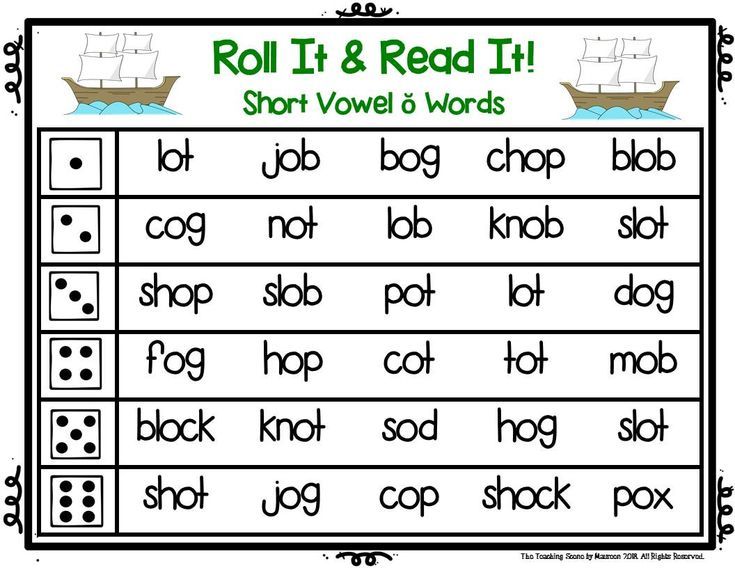 " Here are some other great examples of words with the short O sound.
" Here are some other great examples of words with the short O sound.
bog | bop | con | cod | cog | cot |
cop | don | dog | dot | fog | god |
got | hog | hot |
jog | jot | lob |
log | lot | lop | mob | mom | mop |
nod | not | odd | pod | pop | pot |
rod | rot | sod | Tom | tot | top |
Short "U" Words
The short U sound is what you hear in words like "bus" or "hum." Here are some other great examples of words with the short U sound.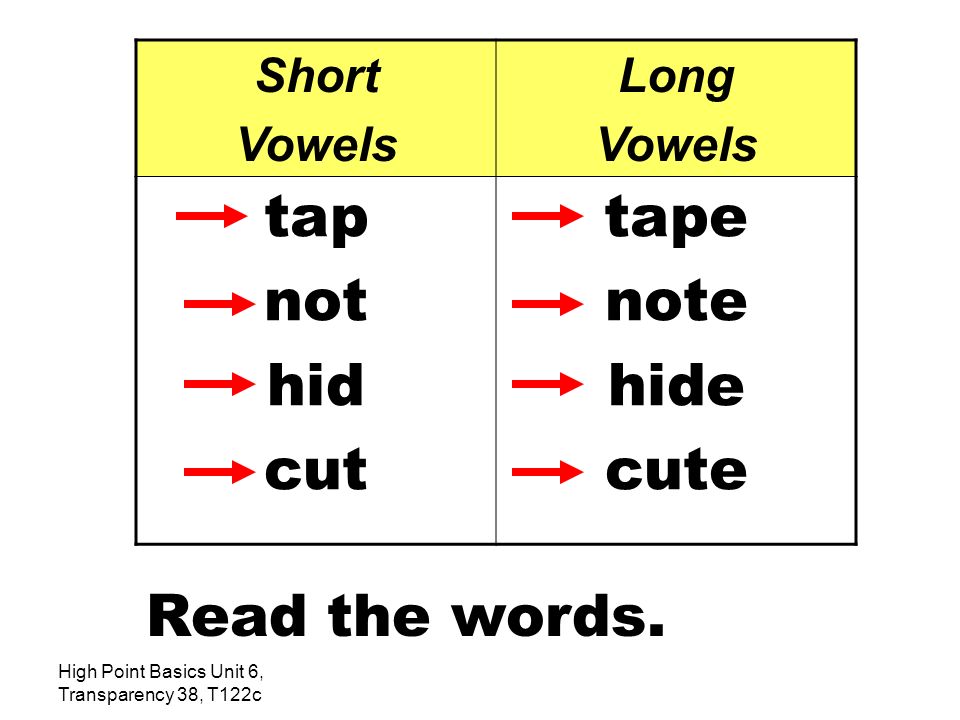
bun | bum | bus | bud | bug | but |
cud | cut | cup | dug | fun | gun |
gum | Gus | gut | hum | hug | hut |
jug | jut | lug | mug | nun | nut |
pun | pug | pup | rub | run | rum |
rug | rut | sub | sun | sum | tug |
View & Download PDF
Advertisement
Using Short Vowel Sounds
Though the above list of words with short vowels is incomplete, you can use it to understand the basic usage for the short vowel sounds. These short vowel sounds are often used in larger words as well.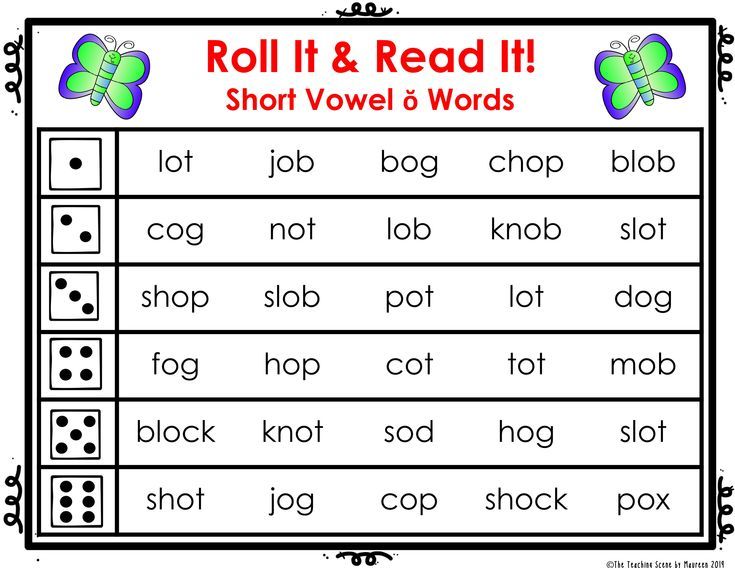 You might see them in words that also contain long vowel sounds, or even in two-lettered words, like "in," "it," and "at." Longer words, such as "magistrate" or "fascinate," use both short long vowel sounds.
You might see them in words that also contain long vowel sounds, or even in two-lettered words, like "in," "it," and "at." Longer words, such as "magistrate" or "fascinate," use both short long vowel sounds.
Some words use the short vowel sound and the long vowel sound, depending on the tense of the word. Words like "read," for example, are pronounced as the long vowel sound when the tense is present. For example, "We are reading this list of short vowel words."
However, when the tense is changed from present to past tense, the long vowel sound is taken away and the short vowel sound is introduced in the same word. For example, "I read the list of short vowel words, and understand much better now."
Pronunciation Pros
If you're teaching short vowel sounds to little learners, practice makes perfect. If you're teaching ESL students, here are some tips and resources for teaching ESL pronunciation. And, when you're ready for the flip side of the coin? Take a look at these examples of long vowel words too.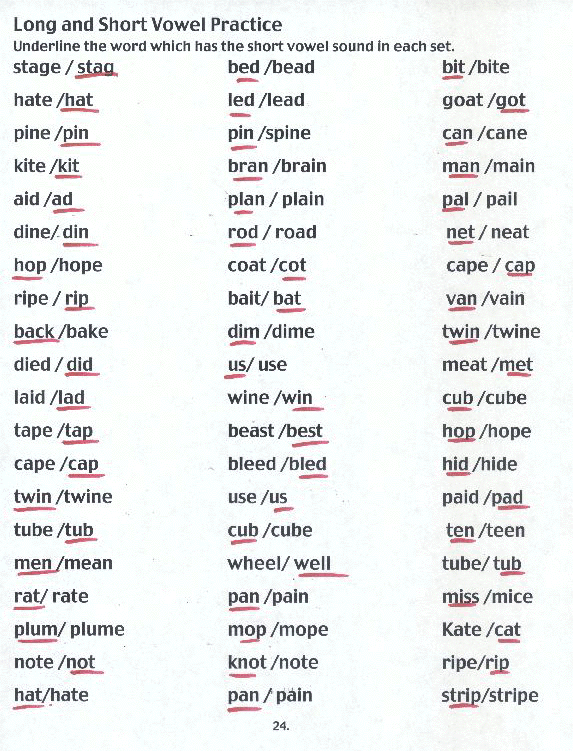 You might also want to explore when "y" is a vowel.
You might also want to explore when "y" is a vowel.
Short Vowel Words | Short Vowel Sounds • 7ESL
Pin
In the English language, there are different ways to pronounce vowels. One category of such vowel pronunciation is the short vowel sound - one that has many associated words. But what are some short vowel words and how do you identify them? This article will explore short vowel sounds, general rules for forming short vowel words, and examples of short vowel words for each vowel - a, e, i, o, and u.
Table of Contents
Short Vowel Words
Short Vowel SoundsShort vowel sounds are a type of pronunciation for the vowels in the English language - a, e, i, o, and u. This description is not literal (meaning that you would not pronounce the vowels in a short, quick, or abbreviated manner) but is only used in contrast to long vowel sounds.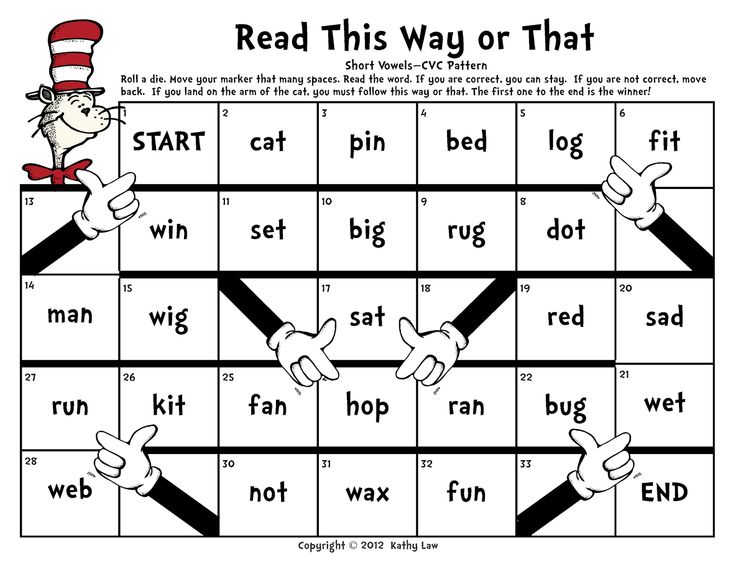
With long vowel sounds, you pronounce the vowels by name - meaning a would be pronounced like the letter a as in lake, e would be pronounced the letter e as in cheese, i would be pronounced like the letter i as in like, and so on.
Long vowel sounds are generated mainly by repeating vowels (like the letter e in free or meet), or by vowel-consonant-vowel (VCV) word spellings (like the letter a in make, the letter i in time, the letter o in joke).
Short vowel sounds, in contrast, are the pronunciation of vowels as they generally appear in consonant-vowel-consonant (CVC) word spellings. Examples of this include the letter a in hat or bag, the letter u in cup or tug, or the letter i in big or tin.
Short vowel words can include longer words than simple CVC words - like snack, jump, or plot.
There are different short vowel pronunciations for each vowel, as explained below.
Short A WordsShort a words are pronounced like the a vowel is in cat or tag.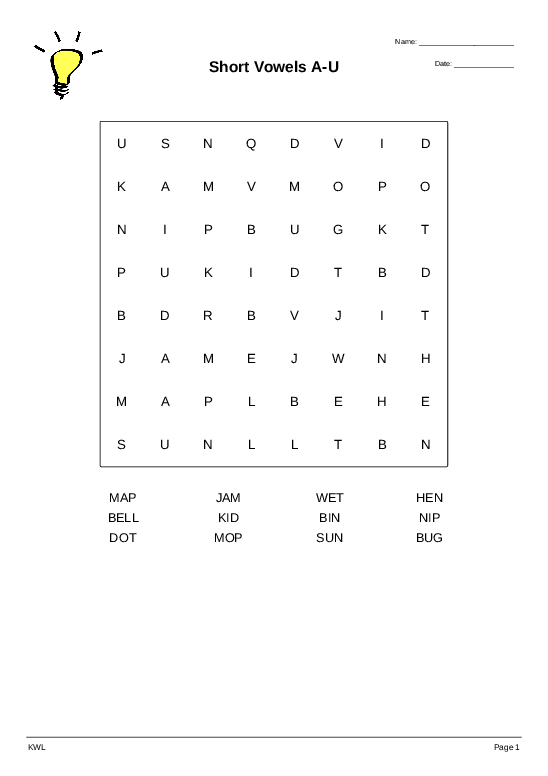
Short a words include:
- Ab
- Apt
- Fab
- Cab
- Tab
- Jab
- Gab
- Lab
- Nab
- Dab
- Crab
- Slab
- Fad
- Dad
- Lad
- Pad
- Sad
- Mad
- Rad
- Tad
- Bad
- Gas
- Cap
- Lap
- Tap
- Map
- Gap
- Rap
- Nap
- Zap
- App
- Slap
- Clap
- Fan
- Van
- Man
- Tan
- Ran
- Pan
- Ban
- Glass
- Mass
- Class
- Sass
- Fast
- Mast
- Past
- Ramp
- Stamp
- Lamp
- Damp
- Hand
- Band
- Stand
- Snack
- Shack
- Lack
- Knack
- Hack
- Slack
- Pack
- Rack
- Back
- Tack
- Stack
- Smack
- Quack
- Rat
- Mat
- Pat
- Fat
- Hat
- Cat
- Chat
- Slat
Short e words are pronounced like the e vowel is in beg or led.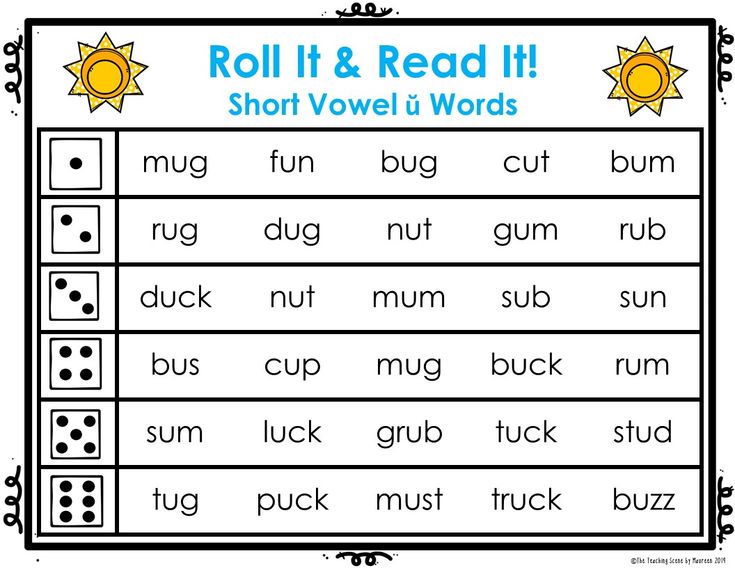
Short e words include:
- Red
- Med
- Led
- Fed
- Sled
- Bed
- Head
- Tread
- Jet
- Met
- Net
- Wet
- Set
- Yet
- Tent
- Cent
- Pent
- Lent
- Rent
- Dent
- Scent
- Men
- Hen
- Ten
- Lense
- Sense
- Dense
- Defense
- Spend
- Lend
- Mend
- Tend
- End
- Defend
- Trend
- Send
- Fell
- Smell
- Tell
- Well
- Yell
- Hell
- Web
- Vest
- Test
- West
- Jest
- Rest
- Pest
- Chest
- Lest
Short i words are pronounced like the i vowel is in bit or din.
Short i words include:
- Rid
- Mid
- Lid
- Id
- Kid
- Hid
- Bid
- Lip
- Clip
- Sip
- Rip
- Tip
- Nip
- Dip
- Whip
- Big
- Wig
- Pig
- Hit
- Bit
- Writ
- Lit
- Fit
- Sit
- Pit
- Nit
- Mitt
- Silk
- Milk
- Win
- Tin
- Twin
- Pin
- Lint
- Glint
- Flint
- Mint
- Fill
- Pill
- Till
- Hill
- Gill
- Dill
- Mill
- Bill
- Chill
- Sill
- Will
- Nil
- Rim
- Dim
- Whim
- Trim
- Fib
- Rib
- Sib
- Whip
- Thick
- Quick
- Sick
- Stick
- Pick
- Lick
- Trick
- Slick
- Quit
Short o words are pronounced like the o vowel is in hot or job.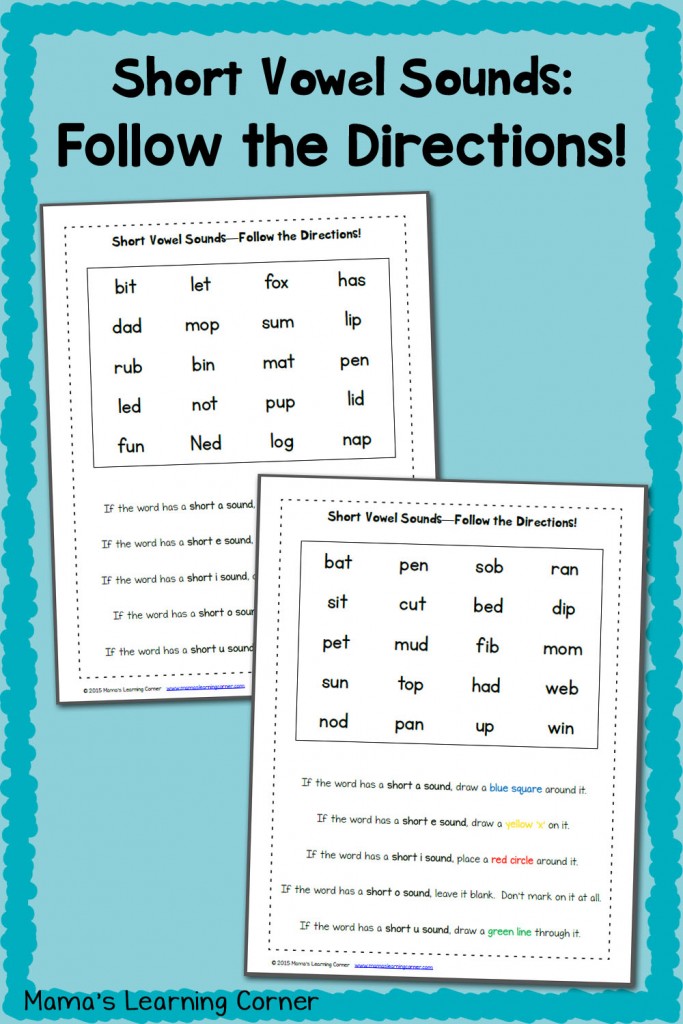
Short o words include:
- Cod
- Rod
- God
- Bod
- Pod
- Nod
- Odd
- Off
- Jot
- Pot
- Cot
- Rot
- Tot
- Dot
- Hot
- Not
- Lot
- Got
- Clot
- Trot
- Blot
- Nob
- Job
- Mob
- Rob
- Sob
- Lob
- Cob
- Box
- Ox
- Pox
- Rock
- Sock
- Mock
- Knock
- Lock
- Dock
- Log
- Dog
- Bog
- Hog
- Cog
- On
- Pond
- Con
- Don
- Stop
- Shop
- Drop
- Cop
- Mop
- Hop
- Bop
- Sop
- Top
- Plop
- Mom
Short u words are pronounced like the u vowel is in bug or rut.
Short u words include:
- Sub
- Tub
- Pub
- Rub
- Dub
- Cub
- Hub
- Nub
- Mud
- Dud
- Sud
- Bud
- Cut
- Rut
- But
- Gut
- Nut
- Jut
- Mutt
- Rum
- Chum
- Bum
- Gum
- Lump
- Jump
- Pump
- Plump
- Trump
- Rump
- Dump
- Bump
- Cuff
- puff
- Hug
- Mug
- Rug
- Tug
- Dug
- Bug
- Gun
- Bun
- Sun
- Fun
- Pun
- Run
- Crust
- Rust
- Dust
- Must
- Lust
- Trust
- Cuss
- Muss
- Fuss
- Bus
- Runt
- Punt
- Hunt
- Fund
Short Vowel Words | Picture
Pin
Categories English PronunciationLong and short vowels in English
Longitude is one of the characteristics of a vowel sound, which shows the relative duration of its sound compared to other sounds.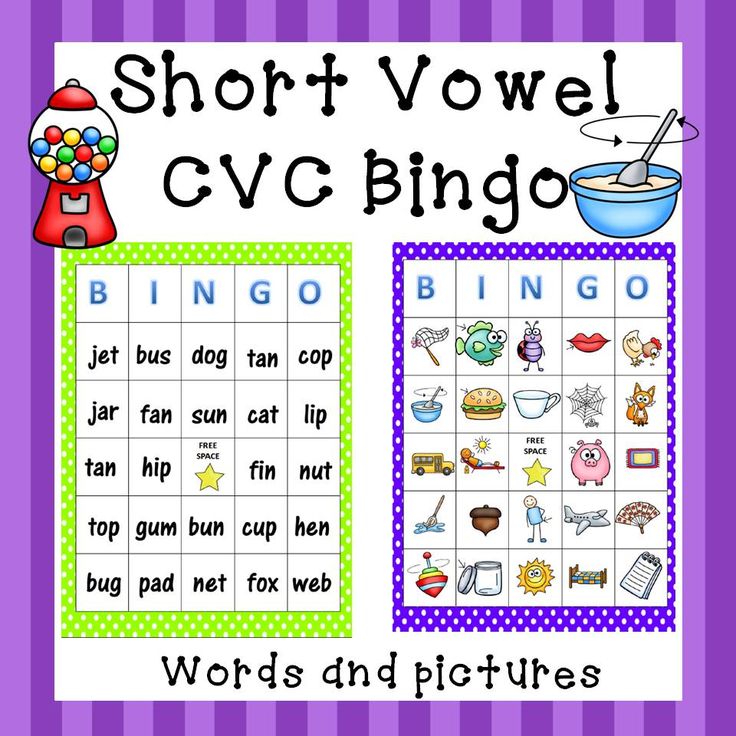
Longitude can be positional and phonemic. In the first case, the duration of the vowel depends on the position in the word and stress, while this characteristic does not affect the meaning. The phonemic length of a vowel has a semantic function, that is, depending on the length of the sound, the meaning of the word changes.
Length of vowel sounds in English
In Russian, the length of vowel sounds does not affect the meaning of words and changes only depending on stress. In English, vowels differ not only in positional but also in phonemic length. This means that long and short sounds, similar in other characteristics, represent different phonemes. Words that differ only in these phonemes have different meanings: ship - sheep , fit - feet , pull - pool . Therefore, it is so important to pronounce long and short sounds correctly.
In transcription, long vowels are indicated with a colon: [i:], [α:], [ɔ:], [u:], [ә:].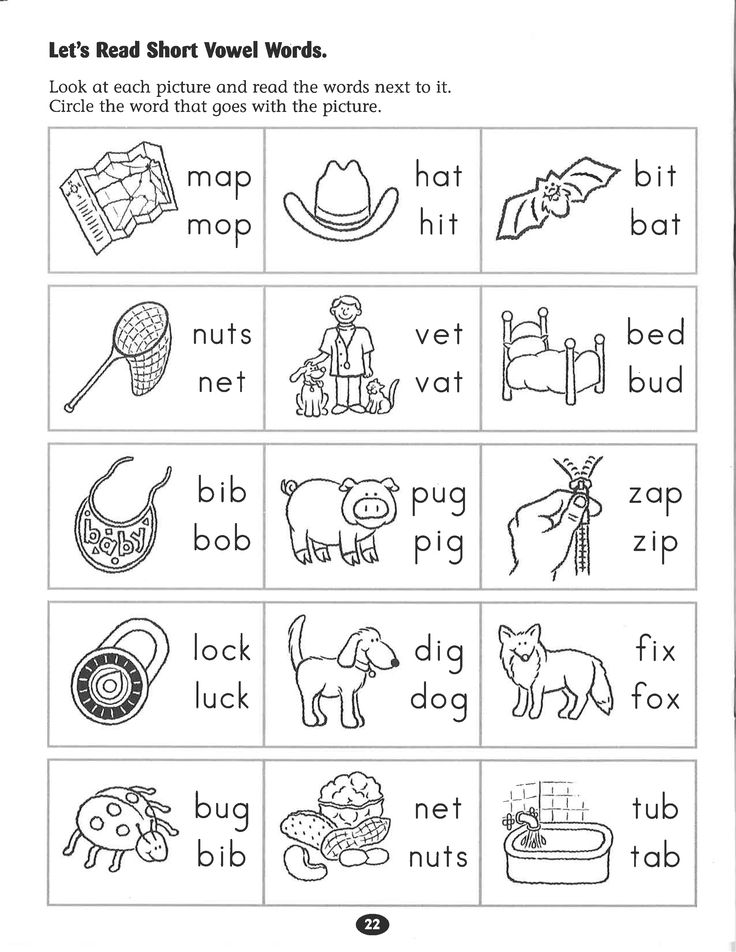 In some cases, long vowels in an unstressed position are reduced and become semi-long, which in transcription is indicated by one dot from above: [α ].
In some cases, long vowels in an unstressed position are reduced and become semi-long, which in transcription is indicated by one dot from above: [α ].
The long vowels listed above are opposed to short vowels, forming the following pairs in English:
- [i:] - [ı]
- [uː] - [u]
- [ɔ:] - [ɒ]
- [α:] - [ʌ]
- [ә:] - [ə]
The pronunciation of long and short English vowels often causes difficulties for Russian learners of English, since in Russian vowels do not have phonemic longitude, and we are not used to distinguishing the length of a vowel sound by ear. We often do not hear the difference between long and short vowels when listening to English speech. It is still not clear how long you need to draw a sound when speaking, so very unnatural, or almost inaudible, or too long vowels are obtained. It is impossible to correctly pronounce short and long sounds so that a native speaker hears the difference, even if you diligently shorten short vowels and stretch out long ones.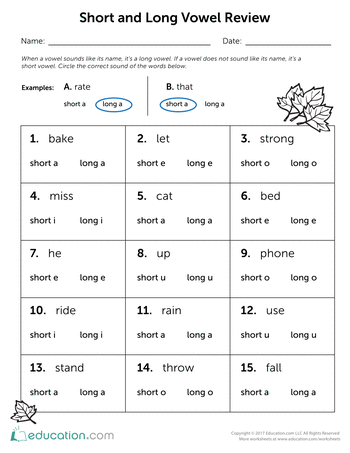
Sometimes it seems that native speakers themselves do not know the difference between short and long sounds, they seem to pronounce them the same way - but they themselves understand each other. But it's not. Let's see what are the differences between long and short English vowels, how to learn to hear them and how to train their pronunciation.
Differences between long and short English sounds
It is logical to assume that if vowels are called long or short, they differ in sound length. This is the main difference between them, but not the only one. It is important to understand that long and short sounds have other differences, which consist in articulatory features. This means that the sounds are not just of different lengths, they are also different in sound. And most often it is these articulatory features that determine the length of the vowel sound: the duration of the sound depends on the position of the tongue and the tension of the vocal apparatus.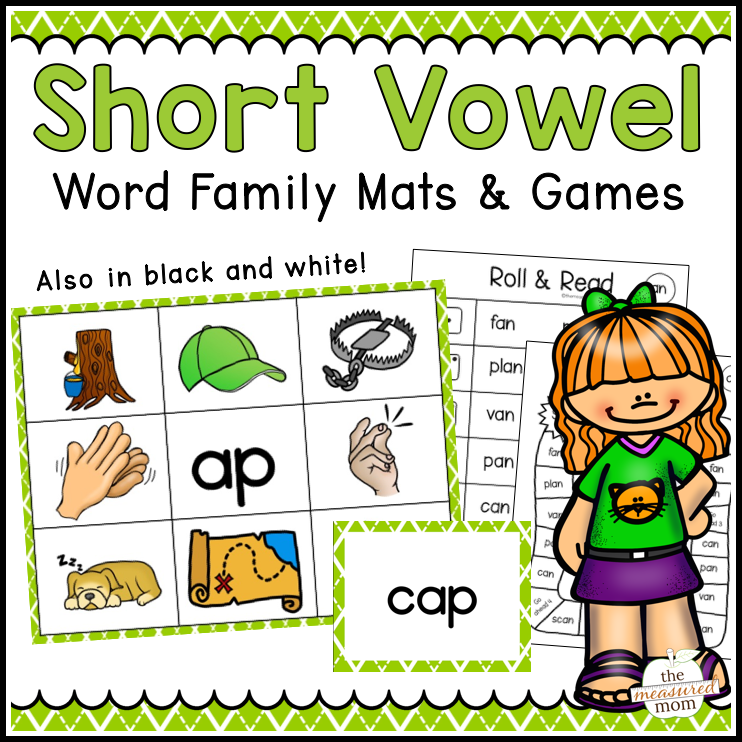
Long and short English vowels differ in such a characteristic as tension. Long vowels are tense, in English they are also called tense . When they are pronounced, the root of the tongue seems to be tense, under tension. The sound is pronounced, bright, rich, clear.
Short vowels are called lax – relaxed. The tongue in the region of the root is relaxed, the vowel sound is articulated quickly, easily, without additional effort, as if bursting. It turns out short, inconspicuous, faded and fuzzy.
Qualitative differences in sounds in different pairs of English vowels range from pronounced to almost imperceptible. It is easy to notice the difference between long and short sounds a: pay attention to how the words cart and cut are pronounced, they differ not only in duration, but also in sound. But the differences between long and short u are almost imperceptible: pool and pull sound very similar, only slightly different in length.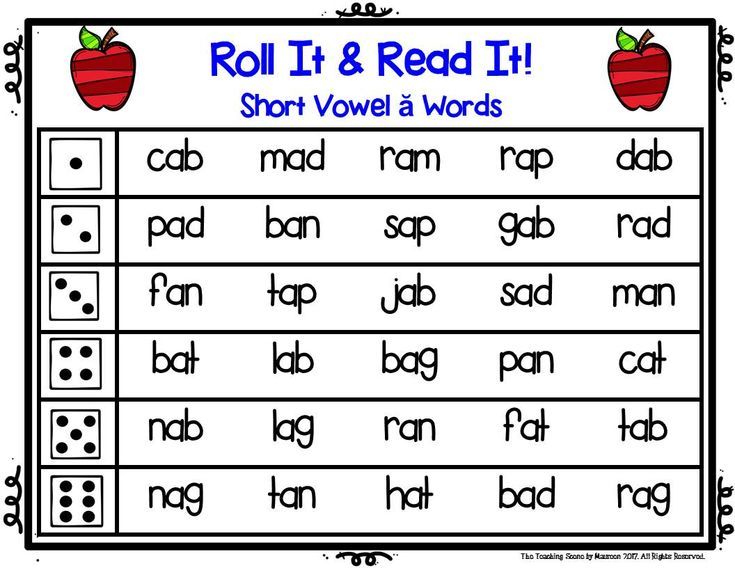 The Scots generally pronounce them the same way, differing only in context.
The Scots generally pronounce them the same way, differing only in context.
In addition, the duration of the pronunciation of vowels is also affected by positional longitude - for example, stressed or unstressed position in a word. As a result, a short vowel sound in one word may sound longer than a long sound in another word.
Thus, it is not enough to rely only on the subjective duration of a vowel sound. All the features of short and long vowels described above must be taken into account when learning English. It remains to understand how to master the pronunciation of long and short sounds in practice.
How to learn to pronounce long and short English vowels
The main mistake foreigners make when pronouncing long and short English sounds is focusing only on duration. But with this approach, it is intuitively incomprehensible where the boundary between a long and a short sound passes: you can’t measure the length of a sound with a stopwatch.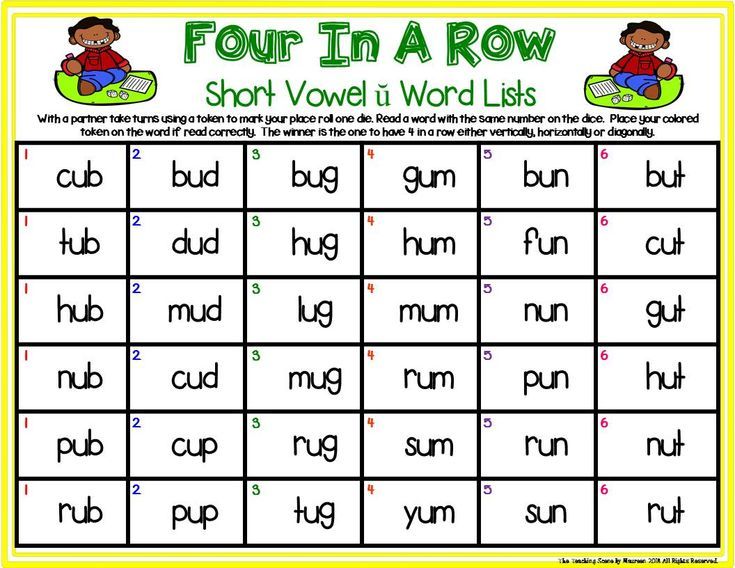 When trying to artificially lengthen or shorten a vowel, the sounds are unnaturally short or drawn out.
When trying to artificially lengthen or shorten a vowel, the sounds are unnaturally short or drawn out.
To learn how to pronounce long and short English sounds, you need to forget about the usual terminology "long" and "short". Try not to think about the duration of the sound at all. To correctly pronounce long and short vowels, you need to focus on their articulation, and not on duration. If we correctly reproduce the pronunciation of the vowel, then the duration will turn out to be correct automatically. Remember that long vowels require more tension at the root of the tongue, while short ones are pronounced without additional effort, easily and without tension.
Pay attention to how native speakers pronounce vowels - don't watch how long they draw them out, but watch the pronunciation, the articulation, the quality of the sound. Repeat, imitate, practice. For practice, it is best to use video lessons or a conversation with a native speaker, since audio materials do not make it possible to see articulation.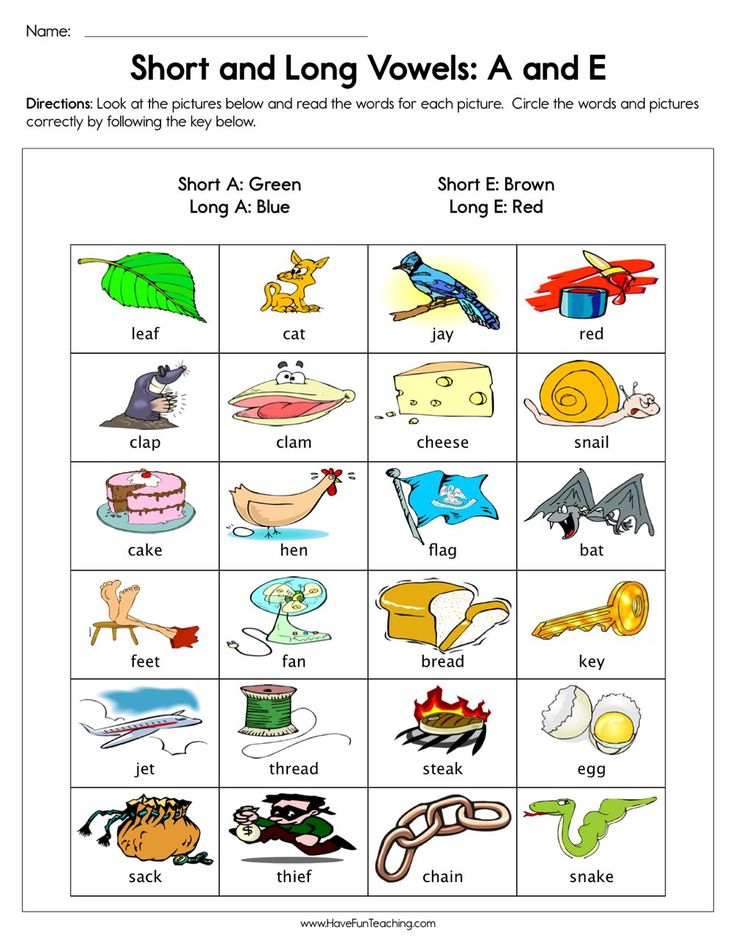
It is best to train long and short sounds not separately, but as part of words. First, this way you will note the influence of positional longitude on the duration of the sound in specific examples. Secondly, just as words are best learned in context, sounds are also best learned in the environment.
Practice pronunciation of long and short vowels in pairs of words to notice the difference between sounds, for example:
- Sport – hot
- Arm-cut
- See-hit
- Food-put
- Fur – ago
When you learn how to pronounce long and short vowels correctly in English, it will become easy to distinguish between them in speech. When listening to speech, forget about the differences in duration, pay attention to the qualitative differences in sounds - how intensely the vowel is pronounced, how bright or faded it sounds, how pairs of sounds differ from each other, except for duration.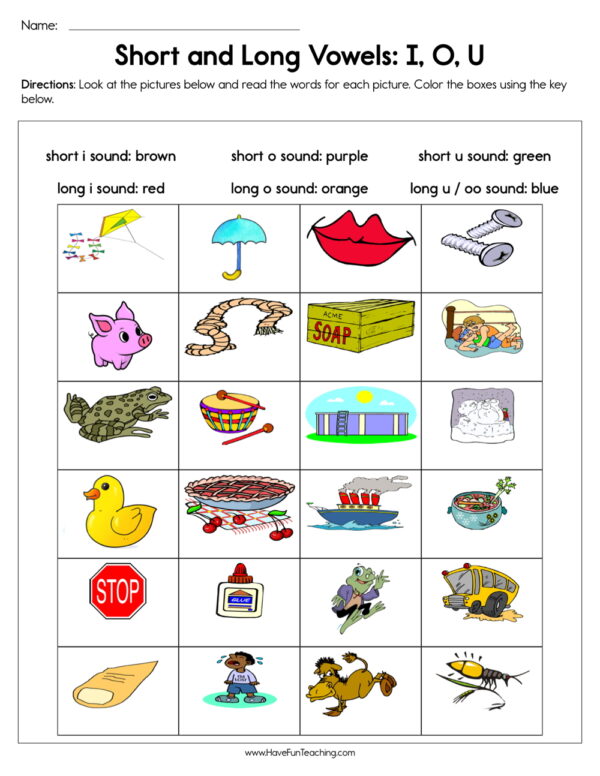
Short vowels | German self-instruction manual for beginners. Learn German from scratch
German vowels are divided into short and long vowels.
A vowel is short:
- If it is followed by two or more consonants. This position is called a closed syllable.
- satt [zat] - full
- Liste ['lɪstə] - list
- Antwort ['antwɔrt] - reply
- In diphthongs.
- mein [ma͜en] - my
- Haus [ha͜os] - house
- Usually before ch when this combination means [x] - i.e. after a, o, u .
- ach [ax] - ach
- Loch [lɔx] - hole, hole
- Bucht [bʋxt] - bay
- However, in some words, the vowel before ch can be long:
- Buch [bu:x] - book
- Kuchen ['ku:xən] - cake, pie
- Tuch [tu:x] - scarf, fabric
- There are exceptions to the rules for reading vowels (by longitude-shortness; see below).
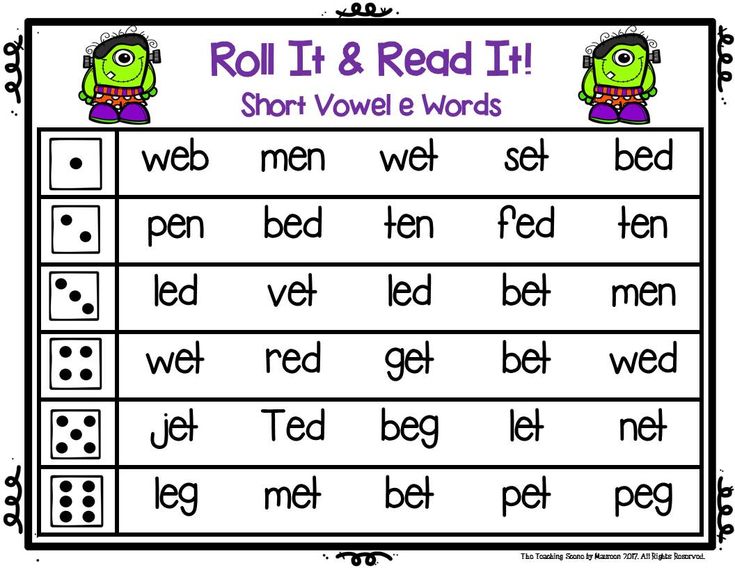
Let's turn to individual vowels.
[a] - short; something like Russian "a"
- wann [van] - when
- dann [dan] - then
- Fall [fal] - case
- Pass [pas] - passport
- Schach [ʃax] - chess
- knapp [knap] - narrow; bleed
[ɔ] - short, open, something between "o" and "a"
- Bonn [bɔn] - Bonn
- Sonne ['sɔnə] - sun
- voll [fɔl] - full
- Block [blɔk] - block
- Wolle ['vɔlə] - wool
- komm [kɔm] - come
[ε] - short, open, similar to "e" in the word "sir"
- es [εs] - it is (3rd l.
- nett [nεt] - dear, kind
- wenn [vεn] - if, when
- hängen ['hεŋən] - hang
- kämpfen ['kεmpfən] - fight
- Lärm [lεrm] - noise
[i] - short, in Russian, something between "and" / "y"
- Tisch [tɪʃ] - table
- Sinn [zɪn] - mind, feeling
- ist [ɪst] - 3rd l.
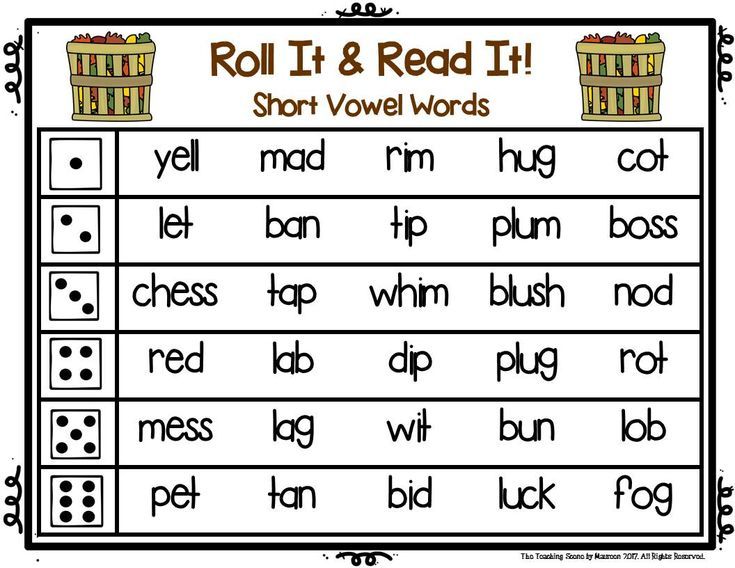 unit verb " be "
unit verb " be " - bist [bɪst] - 2nd l. unit verb " be "
- sind [zɪnt] - 3rd l. plural verb " be "
- wissen ['vɪsən] - know
[ʋ] - short "y" (lips almost do not stretch forward)
- und [ʋnt] - and
- Mund [mʋnt] - mouth
- um [ʋm] - to
- Kunst [kʋnst] - art
[y] - short; similar to Russian "yu" between consonants, as in the word "hatch"
- fünf [fynf] - five
- dunn [dynn] - thin
- Lücke ['lykə] - space, skip
- müssen ['mysən] - should, be due
- küssen ['kysən] - kiss
- fullen ['fylən] - fill
This is a peculiar sound, but it is not difficult to learn how to pronounce it between consonants. But in order to pronounce this sound in the initial position, you will have to practice: Ücker ['ykɐ] (name of the river): ü , not "yu".